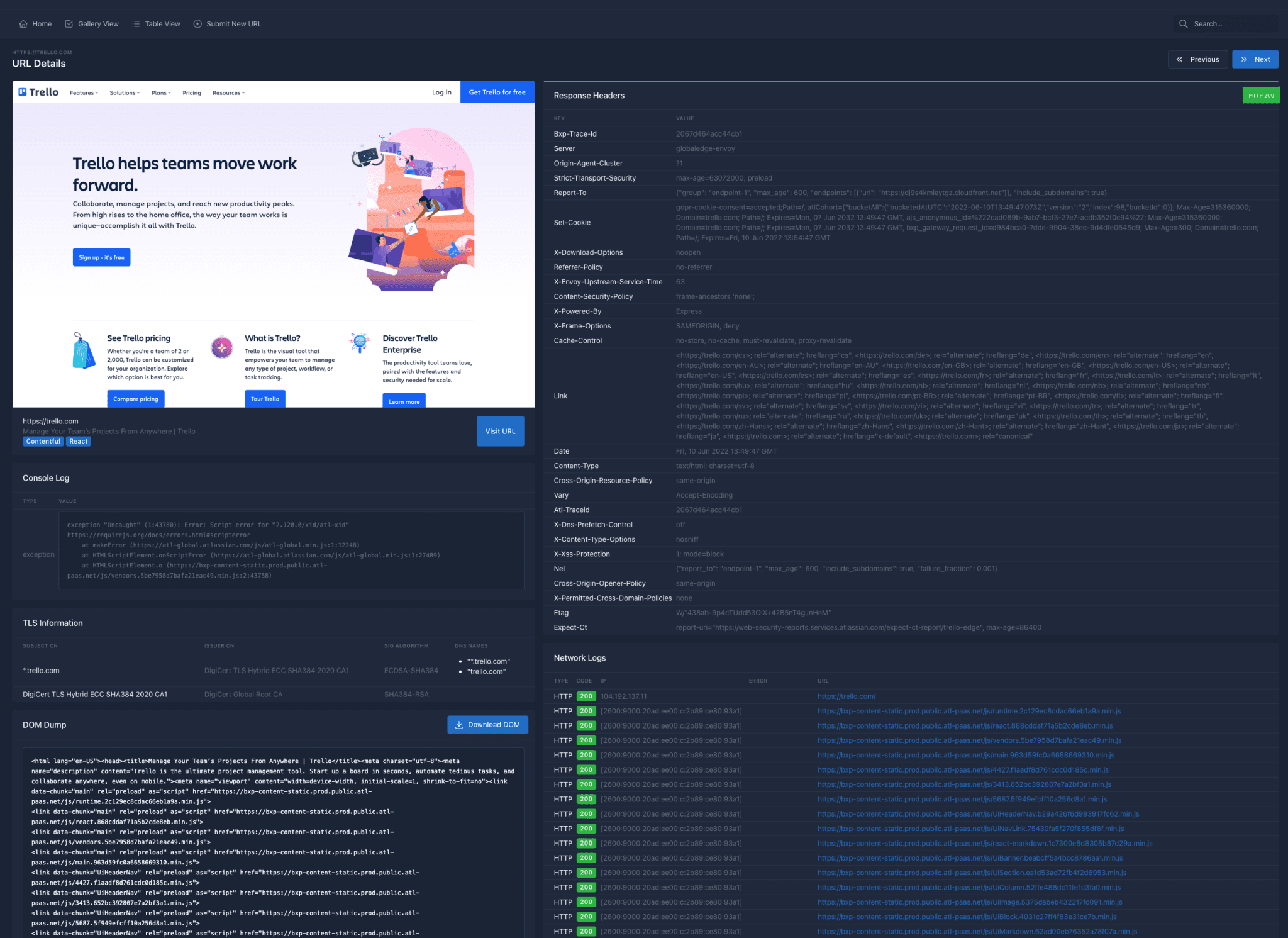Chinese Disinformation Campaign Targets India, Tibet, and US: Meta Uncovers Network
In its quarterly report on current cyber threats, Meta disclosed that it had blocked 4,789 counterfeit Facebook accounts in recent months for violating the company’s anti-disinformation policy.
Meta’s investigation revealed that operators of these fake accounts used stolen identities, impersonating Americans and disseminating identical content across various platforms.
Their posts often consisted of text copied from random accounts on X (formerly known as Twitter) and media outlets. They also shared posts from real individuals on Facebook, presumably to gain the trust of other users.

While some of the content had a political bent, posts on diverse topics such as gaming, history, fashion models, and animals were also encountered.
There is no direct evidence linking these suspicious accounts to China. However, in mid-2023, Meta’s team noticed some of these accounts changing their nicknames and avatars from American to Indian.
After this change in location, the fraudsters began spreading disinformation about the Dalai Lama, engaging with related posts through likes and comments.
Meta also discovered similar content in 13 additional accounts and 7 Facebook groups, which were subsequently blocked as part of the campaign against propaganda.
Meta suspects that the perpetrators were based in China, primarily targeting India and Tibet, and to a lesser extent, the United States.
Meanwhile, Google has reported an increase in cyberattacks from China against Taiwanese organizations. Senior engineer Kate Morgan spoke of a “massive increase” in malicious activity over the past six months.
According to her, hackers acting in Beijing’s interests have been compromising home routers to use them for further attacks on technology organizations, cloud services, the military, government, and other structures.
Researchers have identified over 100 hacker groups linked to the Chinese authorities.





